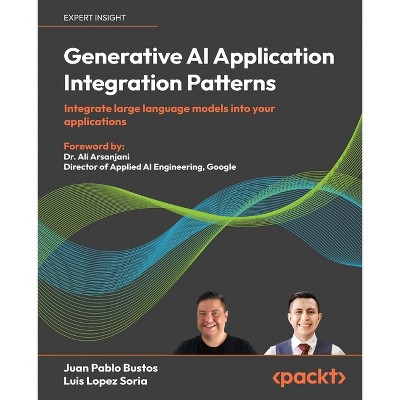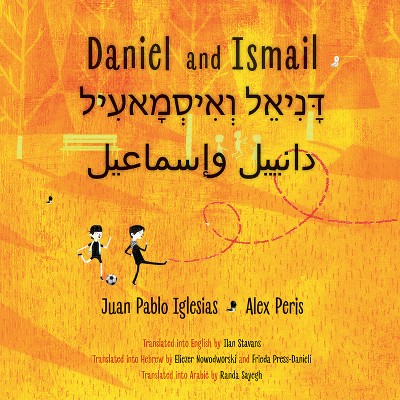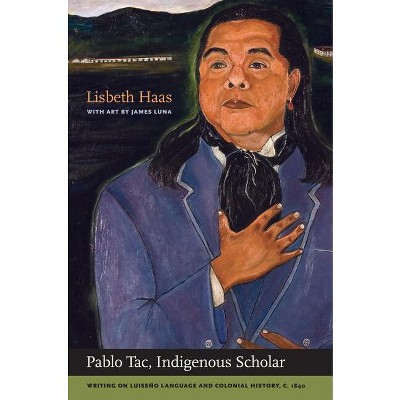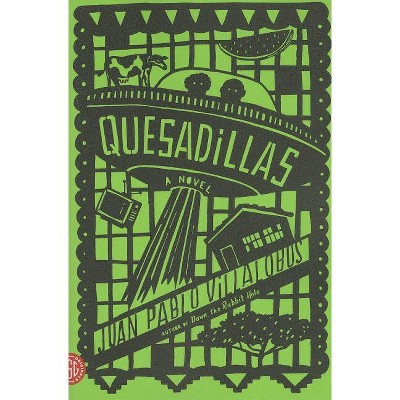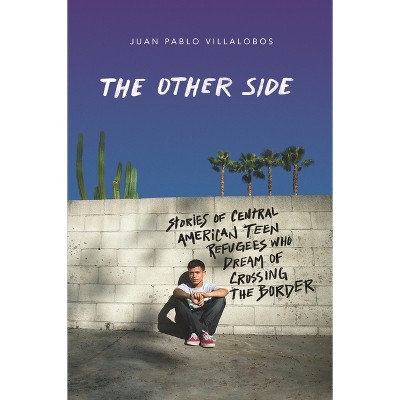About this item
Highlights
- Since 1986, the British government, faced with dwindling budgets and growing calls for public accountability, has sought to assess the value of scholarly work in the nation's universities.
- About the Author: Juan Pablo Pardo-Guerra is associate professor of sociology at the University of California, San Diego.
- 272 Pages
- Social Science, Sociology
Description
About the Book
Juan Pablo Pardo-Guerra examines the effects of quantitative research evaluations on British social scientists, arguing that the mission to measure academic excellence resulted in less diversity and more disciplinary conformity. He provides a compelling account of how quantification altered the incentives of scholars and administrators.Book Synopsis
Since 1986, the British government, faced with dwindling budgets and growing calls for public accountability, has sought to assess the value of scholarly work in the nation's universities. Administrators have periodically evaluated the research of most full-time academics employed in British universities, seeking to distribute increasingly scarce funding to those who use it best. How do such attempts to quantify the worth of knowledge change the nature of scholarship?
Juan Pablo Pardo-Guerra examines the effects of quantitative research evaluations on British social scientists, arguing that the mission to measure academic excellence resulted in less diversity and more disciplinary conformity. Combining interviews and original computational analyses, The Quantified Scholar provides a compelling account of how scores, metrics, and standardized research evaluations altered the incentives of scientists and administrators by rewarding forms of scholarship that were closer to established disciplinary canons. In doing so, research evaluations amplified publication hierarchies and long-standing forms of academic prestige to the detriment of diversity. Slowly but surely, they reshaped academic departments, the interests of scholars, the organization of disciplines, and the employment conditions of researchers. Critiquing the effects of quantification on the workplace, this book also presents alternatives to existing forms of evaluation, calling for new forms of vocational solidarity that can challenge entrenched inequality in academia.Review Quotes
Provides crucial insights not only for scholars engaged in research in higher education but also for other professionals in fields like health care and legal services, as well as in creative fields like music, literature, and culinary arts, for which evaluations shape performance, creativity, and innovation.-- "Administrative Science Quarterly"
The drought of data-driven and even quantitative approaches to the cultural effects of academia audit on research practice already cements the book's own niche, and The Quantified Scholar provides what is sorely missing in this debate.-- "Higher Education"
A compelling and timely analysis of a topic that is of great importance to scholars, policymakers, and society as a whole.-- "Social Forces"
A crisply written, engaging, and thought-provoking contribution to the sociology of science.-- "H-Sci-Med-Tech"
The Quantified Scholar is a landmark study on how research evaluations affect the scholarly vocation. Juan Pablo Pardo-Guerra's book is as immersive as it is rigorous in showing how efforts to quantify the value of the social sciences influence academic careers and homogenize knowledge production. An extremely insightful book!
--Julian Hamann, Humboldt-Universität zu BerlinIn this important and captivating book, Juan Pablo Pardo-Guerra applies his brilliant sociological and narrative talent to dissecting the social and intellectual consequences of the implementation of quantified measures in the evaluation of British social-scientific research. The outcome is dispiriting. We witness the capitulation of institutions of higher learning to monetary logics; the fragmentation of scholarly communities and the erosion of solidarity; and the flattening of knowledge and the depletion of creativity. The Quantified Scholar is an urgent, essential read by one the most imaginative and skilled scholars of his generation.--Marion Fourcade, author of Economists and Societies: Discipline and Profession in the United States, Britain and France, 1890s-1990s
This book is simply fantastic, characterized by its careful and focused analysis that employs some of the most cutting-edge techniques available to social scientists, deeply sociological but easily accessible to many interested audiences. Pardo-Guerra shows how evaluative frameworks of subjective and creative forms of production shape our work and, ultimately, our careers.--Charles J. Gomez, City University of New York, Queens College
With brevity, wit, and humanity, The Quantified Scholar shows how the formal, national research assessment process has changed the social sciences in the United Kingdom. Combining historical and quantitative data with qualitative interviews, Pardo-Guerra offers a compelling portrayal of the whole assessment process and its consequences, as well as concrete suggestions for what academics could do differently, without overpromising about our collective ability to roll back decades of austerity and audit culture.--Daniel Hirschman, Brown University
About the Author
Juan Pablo Pardo-Guerra is associate professor of sociology at the University of California, San Diego. He is the author of Automating Finance: Infrastructures, Engineers, and the Making of Electronic Markets (2019).
